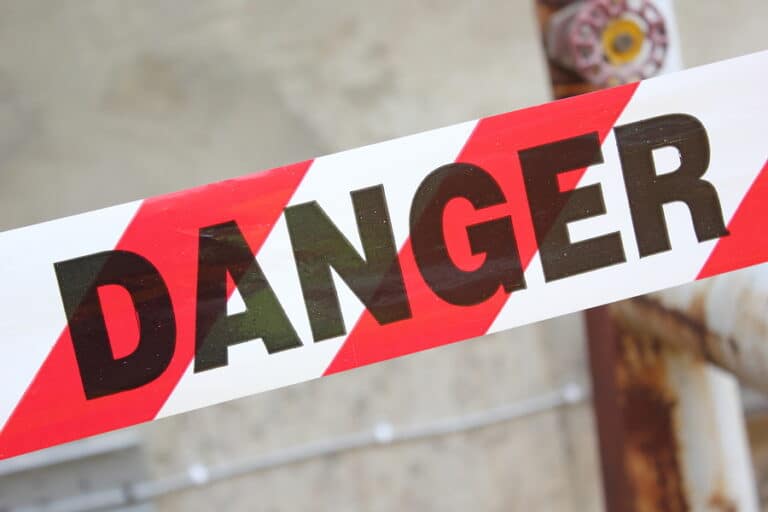National Radon Action Month occurs every January and is a reminder to talk to your senior about how recently her home was tested for radon. If she has lived there for a number of years, it’s entirely possible that your elderly family member’s home hasn’t been tested in a very long time. This information may help you to understand what is so important about radon and what needs to happen next.
What Is Radon?

Radon is a gas that naturally occurs when uranium breaks down in soil, rocks, and water. It doesn’t have any sort of smell or taste, so it’s invisible to people. When radon is released outside, it isn’t dangerous. Indoors, radon becomes dangerous because there’s nowhere for it to go. The gas eventually becomes more and more concentrated, which is a big problem.
Why Is Radon Unsafe?
Radon is the second-leading cause of lung cancer in the United States, but not a lot of people are concerned about it until they realize how high the levels are in their home. Even if radon doesn’t cause lung cancer, it can cause damage to the lungs, including wheezing, coughing, and shortness of breath. If your elderly family member is already dealing with lung issues, such as asthma or COPD, radon is particularly harmful for her.
Consider Getting Her Home Tested for Radon
There are two different types of radon tests. One is a short-term test and the other is a test that takes longer than three months. The short-term tests can give you a quick response and they’re inexpensive. Some Departments of Health even offer free short-term testing. Long-term tests can give a better overall picture of how much radon is in your senior’s home.
Look into Radon Mitigation if Necessary
If the results of your senior’s radon test are greater than 4 pCi/L, or 4 pico Curies per liter of air, then mitigation is recommended. Radon mitigation needs to be performed by a certified contractor who can give you and your elderly family member more information about what to expect.
Keeping your senior’s home safe involves a lot and she may need more help. Home care providers can assist with basic housework, meal preparation, and more. As your senior’s needs grow, so too can the types of help that home care services are able to provide to her. All of this assistance helps your elderly family member to be safe and happy in her own home.
If you or an aging loved one are considering hiring Home Care in Seneca, SC, contact Heart of the Carolinas Home Care at 864-991-3116. Providing Home Care Services in Greenville, Simpsonville, Greer, Anderson, Spartanburg, Mauldin, Seneca, Laurens, Charleston, Columbia and the surrounding areas.
- Home Care Assistance Helps Seniors After A Fall - April 9, 2025
- How Home Care Supports Seniors Who Are Hard of Hearing - March 28, 2025
- Why Seniors Should Consider Companion Care At Home - March 10, 2025

